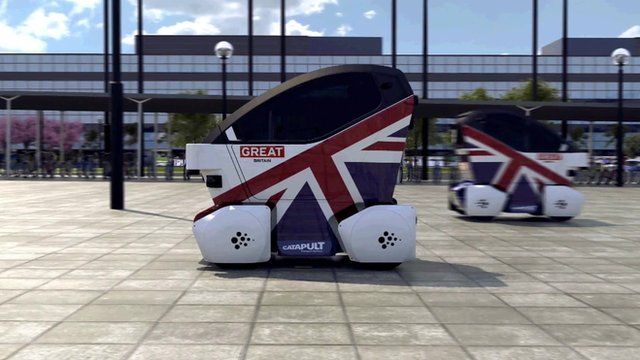Debates surrounding how to integrate self driving cars onto roads in the UK have sparked as the government attempts to embrace the technology.
The Commons transport committee heard that a mixture of driverless, semi-autonomous and manual cars could be on UK roads within the next ten years.
Google and Apple are notable examples of big tech companies looking into driverless car technologies, but the UK government is funding their own driverless tech.
The UK government is providing £19m to launch four driverless car schemes in four UK locations. Self-drive pods that will be tested in Milton Keynes and Coventry have been unveiled and the government promised a full review of current legislation by the summer of 2017.
The Lutz Pathfinder Pod is a two-seater, electric-powered vehicle that has 19 sensors, cameras, radar and Lidar (a remote sensing technology that measures distance by illuminating a target with a laser and analysing the reflected light).
AA president Edmund King said: “There is a potential nightmare scenario whereby robotic driverless cars are fighting for space with cars with humans behind the wheel and indeed semi-autonomous cars with no-one totally in control.
“We really need a safe vision for the future whereby all vehicles and all road users can coexist in harmony.”
Talking to the BBC, Labour MP Louise Ellman raised the question, in the case of an accident: “who is liable? Is it the manufacturer of the vehicle, or the technology in it? Is it the driver?”
A Department for Transport (DfT) spokesman said: “Public safety is our first priority as we adapt to advances in motoring technology.
“We have a comprehensive approach to ensure the UK is at the cutting edge of developments.”
The spokesperson said the department was “working closely with industry” to promote driverless car technology, and added that it had a road investment strategy which includes “a major expansion of smart motorway technology.

